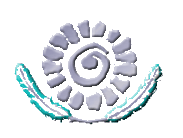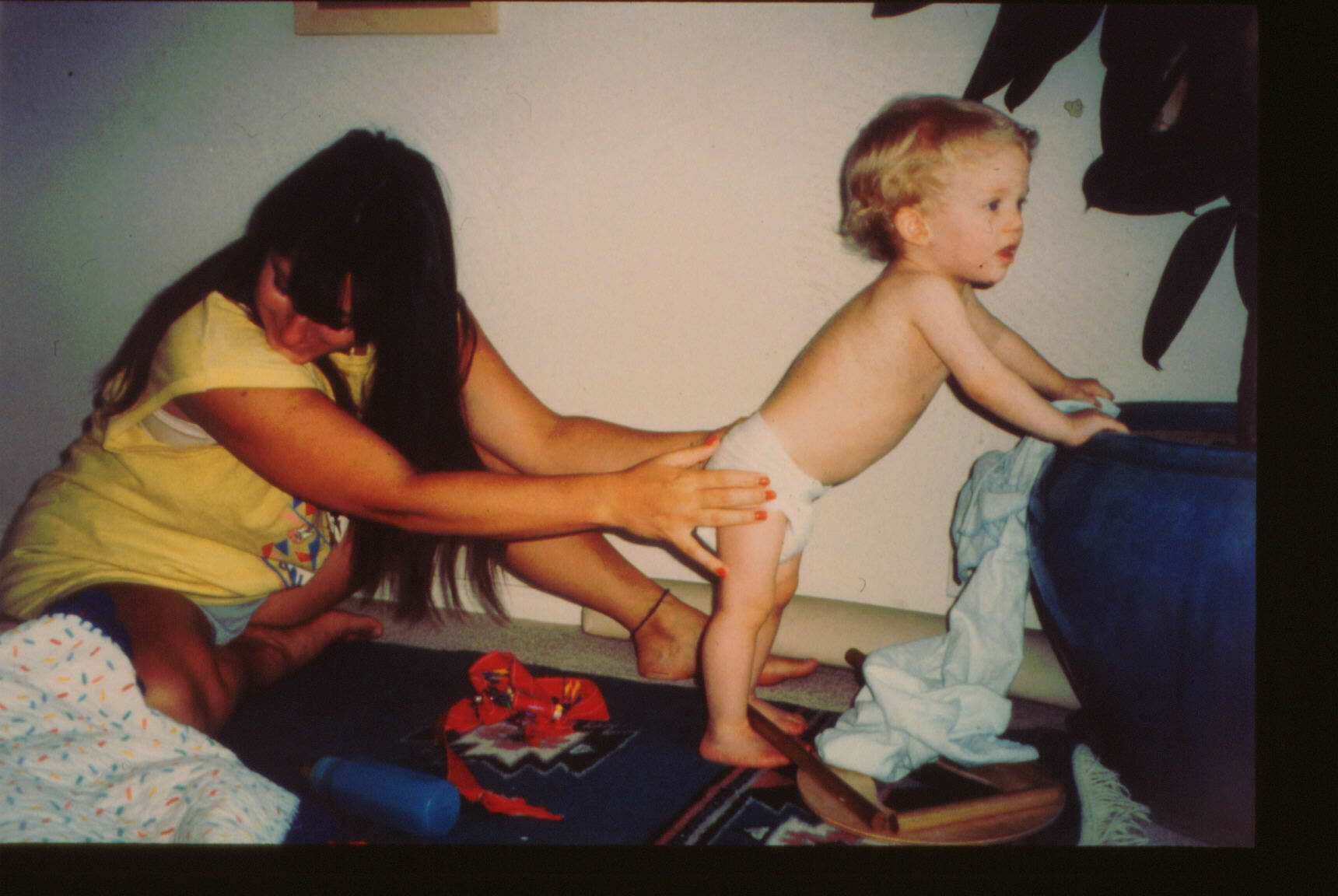 |
||||||||||||||||||||||||
|
|
||||||||||||||||||||||||
 |
||||||||||||||||||||||||
 |
||||||||||||||||||||||||
|
||||||||||||||||||||||||
 |
 |
|||||
 |
||||||
|
Developmental Stages |
||||||
|
As the song says, children are our future. Windsong Therapy and Wellness has a deep commitment to the well-being of children and strives to educate parents on the many aspects of keeping children healthy. Health is more than the absence of illness or injury. We believe that parents should look at their children as whole people and seek medical care that addresses all aspects of their little person, not just a specific disease or condition. Integrative medicine or body mechanics are not taught in medical school and many pediatricians are not aware of all the non-drug therapies that may be used to treat your child. At Windsong we believe in listening as carefully to children as to their parents. Children do not have the language skills to fully explain their aches, pains, or reasons for their actions. However, they do have many non-verbal skills. Unfortunately, many parents and physicians have not been taught to speak the child's language. They may ascribe the child's actions to stubbornness or contrariness rather than a clear indication of pain, discomfort, or imbalance. We have made every attempt to learn the non-verbal language of children. Parents know their children better than anyone else. We encourage all parents who feel there is a problem with their child and who do not agree with the physician's assessment to question and challenge his recommendations and seek second opinions. We urge parents to take their child to a child development specialist, someone who knows the proper developmental sequences, body mechanics, and the language of children. We encourage them to find someone who will listen to them and consider all previous evaluations by other specialists as well as what the child has to say. Frankie Burget has been studying all of these things for over twenty years and has helped many children that traditional medicine had given up as hopeless. Children's bodies are soft and fragile in many ways. The brain is at its most receptive stage in infancy and childhood and is the key to overall health and well-being. The brain, bones, organs, muscles, ligaments, etc. are growing and developing daily. Any force, fall, or prolonged position, may create restrictions, adhesions, and pressures that may hinder brain and body development, which will impact their overall health for the rest of their life. The child may suffer any of these things while in utero, during birth, or at any time after birth. Waiting for a child to "outgrow" a problem that is noticed by a caregiver puts them at risk of developing more serious problems as they grow. Many difficulties that are due to fascial restrictions will not correct themselves and may lead to further developmental delays as the child ages. Some children are in odd positions in the uterus. For example, if their leg has been at an odd angle for a period of time, this may create a torsion or twist in the pelvis and spinal column. The pelvis is like the foundation on your house. It is the foundation of the child. It will support him as he begins to walk. If this is not corrected, the child may not crawl. Crawling develops both sides of the brain and prepares the body for walking. When it is time for the child to walk, they may not be able to walk on their own or show a reluctance to walk. They may fall a lot because they don't have the sturdy foundation necessary to help them balance. They may not be able to play and do gymnastics the way other children do. Pediatricians do not always notice such things because they can be very subtle. The younger the child is when the problem is discovered, the more easily it can be corrected. If the caregiver notices that there is a flat spot on the child's head, or the head has an odd or compressed shape, there may be pressure on the child's brain. This is very serious. The child's brain is trying to grow and develop at an astonishing rate. If it does not have the space, blood and oxygen circulation necessary to complete the connections, links and networks for learning and mature thought processes, the child may develop vision problems, swallowing difficulties, chronic ear infections, or in more extreme cases, severe learning and emotional disabilities. This may also be a factor in Sudden Infant Death Syndrome. A child who has a neck problem or can only turn their head to one side may be unaware there is another side to their body. They may not use the side of the body they cannot see. They may have difficulty bringing their hands to midline to perform tasks. This delays their future development. They are missing critical developmental sequences that are used as building blocks so they may accomplish more difficult feats as they age, such as climbing, writing, and reading. It also impacts their social interactions and emotional development. Physical repetition helps brain connections to develop and remain strong. It helps determine which connections will last into adulthood, and which will be lost from lack of use. Children whose neural pathways have been reinforced by positive early experience will be better off when the brain begins shedding the unused pathways. If a child is not able to perform physical movements due to restrictions, adhesions, or torsions, their neural pathways are changed. The brain has been changed and it will be more challenging for them to be able to make the correct movements in the future. That is why it is important to have a child evaluated early and regularly. Physical torsions, adhesions, restrictions and imbalances may cause a wide variety of physical symptoms. These symptoms may not only show as physical movement or structural problems. They may be as diverse as the child not wanting to sleep on his back, having constipation, ear infections, bed-wetting, ADD, sensitivity to being touched, or an inability to feel or distinguish the place of pain. It is in the best interest of children to have them examined by a child development specialist who is an expert in normal movement patterns as soon after birth as possible. We encourage parents to repeat evaluations of their child after any major trauma or growth spurt. Most children will respond very quickly to the types of therapies offered at Windsong Therapy and Wellness and may only need to be seen once to correct any minor imbalances, torsions, or restrictions that develop. |
||||||
| [Home] [Backpack Safety] [Developmental Stages] [Do's and Dont's] [Pediatric Care Services] [Subtle Signs] |
|
This website last updated on 31 July 2010 This website is entirely funded by Windsong Therapy and Wellness, Inc. |
|
|
Disclaimer: Confidentiality of data relating to individual patients and visitors, including their identity, is respected by this Web site. The owners of this Web site undertake to honor or exceed the legal requirements of medical / health information privacy that apply in Texas and the United States. The information on this Web site is Copyright © 1999-2008 Windsong Therapy and Wellness, Inc. Please obtain permission from Windsong Therapy and Wellness, Inc. before reproducing any information from this Web site. |
|